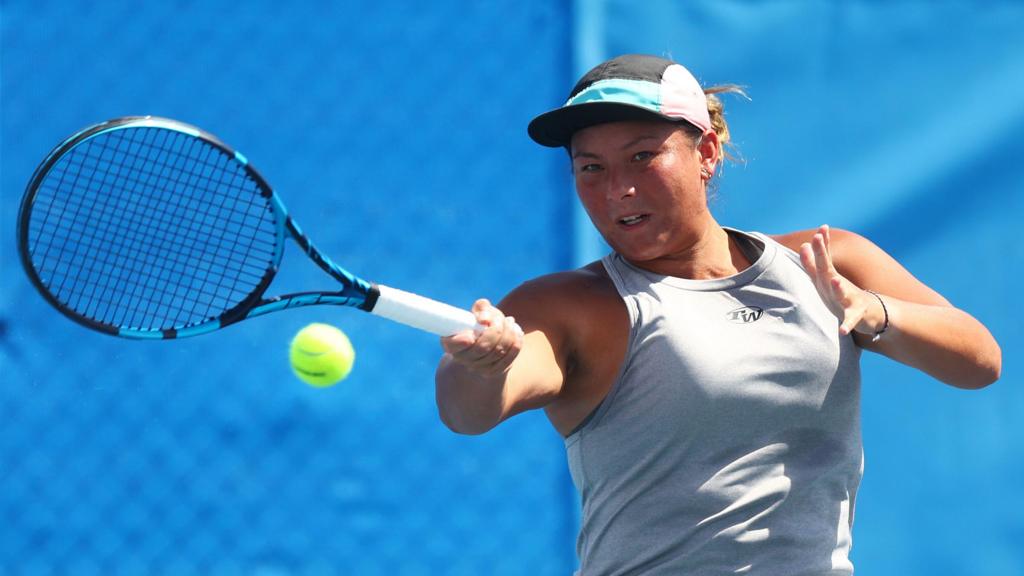Tara Moore will be banned from playing until the start of the 2028 season
British tennis player Tara Moore has been handed a four-year ban for a doping violation, overturning a previous ruling by an independent tribunal that cleared her 18 months prior.
The Court of Arbitration for Sport (Cas) has upheld an appeal filed by the International Tennis Integrity Agency (ITIA).
The ban, effective immediately, will be reduced by the 19 months Moore was provisionally suspended when the case initially surfaced.
The 32-year-old, formerly Britain’s highest-ranked women’s doubles player, received a provisional suspension in May 2022 after testing positive for nandrolone and boldenone at a tournament in Bogota, Colombia, the previous month.
However, in December 2023, an independent tribunal concluded that contaminated meat was the source of the positive test, determining that Moore “bore no fault or negligence.”
Moore stated that she had endured “19 months of lost time and emotional distress,” and that her reputation had suffered as a consequence of the case.
She returned to competitive play in April 2024, primarily participating in ITF World Tour events.
While earnings for doubles players are often modest, Moore successfully qualified for the main draw at Wimbledon and the US Open last year, as well as the Australian Open this past January.
Following a hearing in March, the Cas ruling stipulates that she will not be eligible to compete again until the beginning of the 2028 season.
“After reviewing the scientific and legal evidence, the majority of the Cas panel considered that the player did not succeed in proving that the concentration of nandrolone in her sample was consistent with the ingestion of contaminated meat,” Cas stated in a media release.
“The panel concluded that Ms. Moore failed to establish that the ADRV (Anti-Doping Rule Violation) was not intentional. The appeal by the ITIA is therefore upheld and the decision rendered by the Independent Tribunal is set aside.”
Absent an unusual procedural appeal to the Swiss courts, the Cas decision is binding on all parties involved.
“For the ITIA, every case is considered according to the individual facts and circumstances,” said ITIA chief executive Karen Moorhouse.
“Our bar for appealing a first instance decision is high, and the decision is not taken lightly.”
“In this case, our independent scientific advice was that the player did not adequately explain the high level of nandrolone present in their sample. Today’s ruling is consistent with this position.”
“We understand that players and their support teams may have questions about this decision, and we will answer these fully once we have reviewed the details of the ruling.”
Live scores, results and order of play
Get tennis news sent straight to your phone

